About 2.2 million pre-registered or partially registered sim cards across telecommunication networks nationwide have been deactivated by the Nigerian Communications Commission (NCC).
This was disclosed in a statement released by Dr Henry Nkemadu, Director, Public Affairs of the commission on behalf of the Executive Vice Chairman NCC, Prof. Umar Danbatta.

Danbatta said that the sim deactivation was in line with one of the key agenda of President Muhammadu Buhari to strengthen security of lives and property of all Nigerians. He also made known that the NCC had initiated the second phase of the sim deactivation following the ministerial directive given to that effect in September 2019.
Danbatta’s words: “We have since initiated the second phase of SIM deactivation based on the ministerial directive and as at today, we have completely deactivated the remaining 2.2 million lines on the networks.
“This is contrary to reports by a section of the media, suggesting that nothing has been done with respect to the issue of improperly registered SIM cards. Following the September 2019 ministerial directive, however, the NCC, within a week, intensified efforts by reducing the number of improperly registered SIM cards from 9.2 million to 2.2 million,” he said as reported by Vanguard.
[READ MORE: NCC says deployment of 5G Network is difficult, here’s why)
Recall that Nairametrics reported when Nigeria’s Communication Minister, Dr Isa Ali Ibrahim Pantami set September 25th as the deadline for registration of all sim cards in the country, after which improperly registered sim cards would cease to exist in the country. NCC had gone on to reduce the number of improperly registered SIM cards from 9.2 million to 2.42 million during the first initiation of the sim deactivation.
Speaking further, Danbatta said the reason why NCC had put in much efforts to rid mobile networks of improperly or invalidly registered SIM cards through various policy initiatives was to make sure that all the over 184 million registered SIM cards across Mobile Network Operators (MNOs) networks had valid data that were traceable.

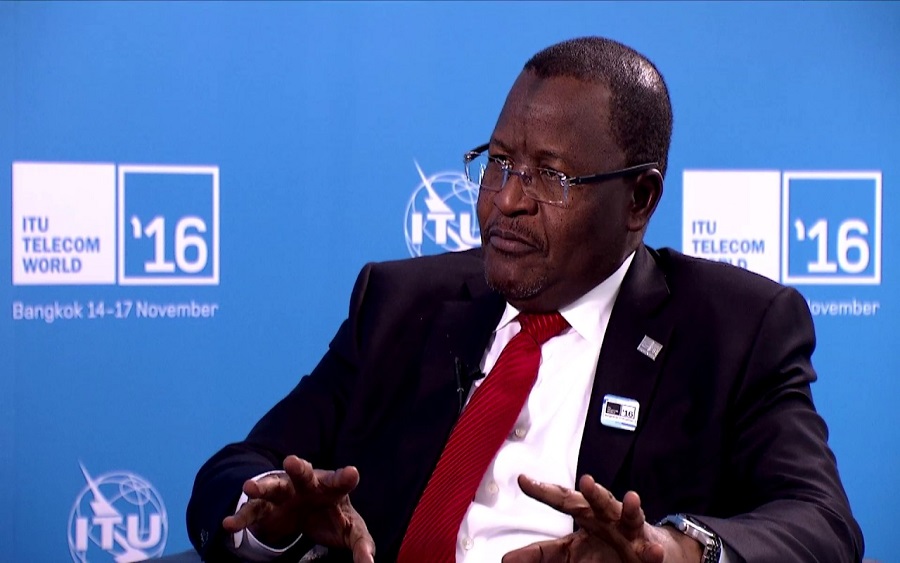






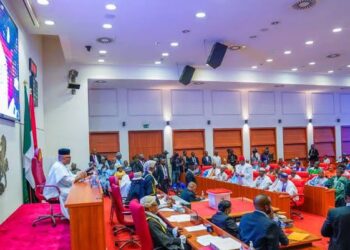
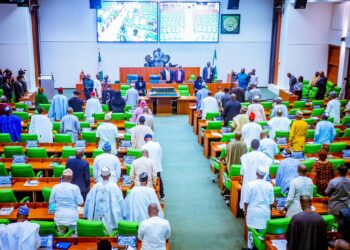
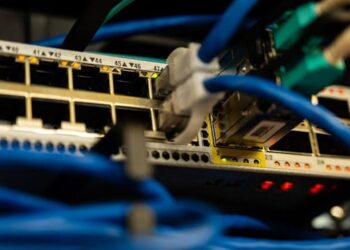
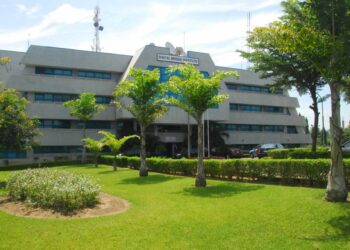












Sani yahaya from Nigeria jigawa sete of mallam madori